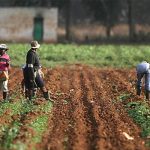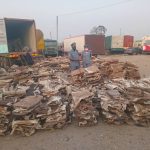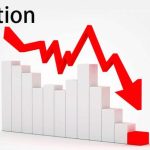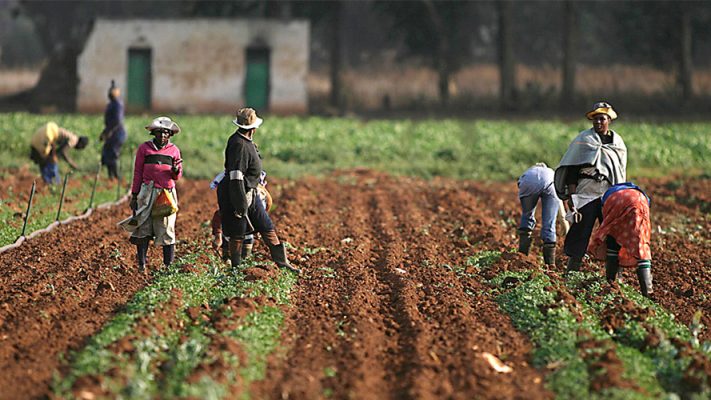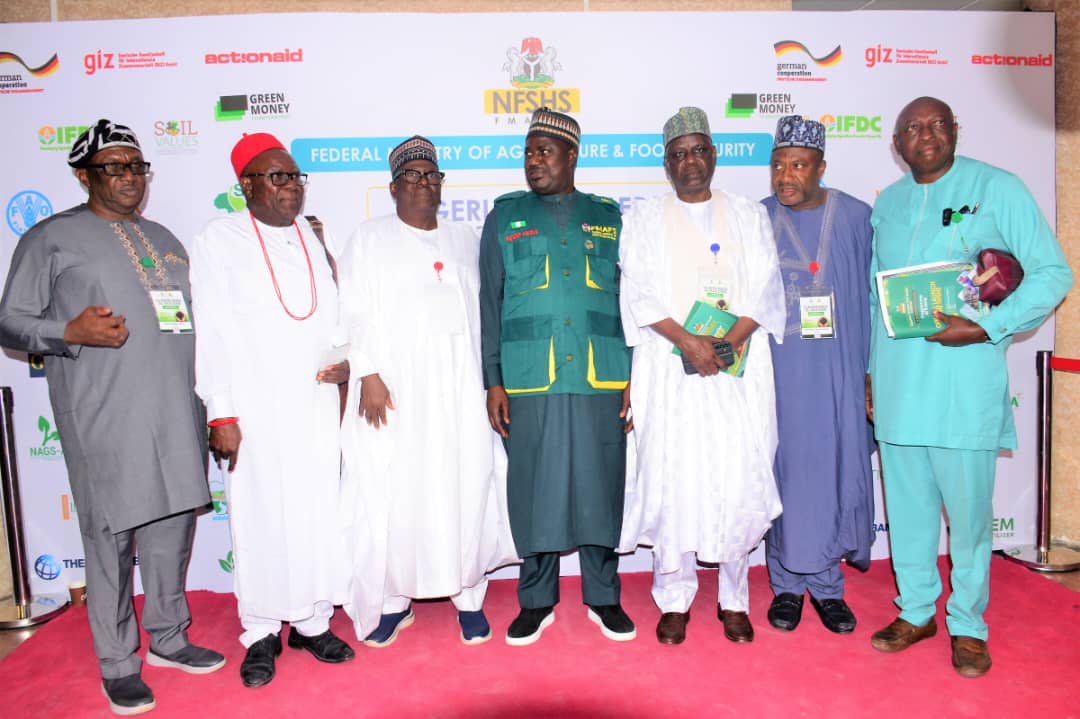Livestock farming has been the most attractive form of farming to humanity. A livestock farmer can do it in the comfort of his home. What that means is that he does not have to cover some distance, particularly if it is on a small scale, for him to get to the farm and attend to the animals. Perhaps because of the ease of doing this form of farming, it has enhanced agricultural productivity, while contributing to healthy living. When practised on a large scale, livestock farming can be fun, though it has its challenges.
It remains an integral form of farming, where food production is concerned, and therefore, one agricultural practice that has endeared itself to humans. Farming is not just about the subsistence practice, it is also about how to enhance the economy. According to Statista, a statistics portal for market data, agriculture contributed 21 percent to the country’s GDP in the second quarter of 2023. It is that large part of crop or food production which accounts for 19 percent of the 21 percent. Agriculture takes a second position for the growth of the economy after oil. If as much effort as went into agriculture in the years before oil was discovered is truly put into the current efforts at improving food production, there are chances that the Nigerian government would succeed in its on-going effort to tackle food insecurity in the country.
It was evident that during the first republic, and the period before that era, the gains from agriculture were used to build the structure that was used for the exploration and exploitation of crude oil. But the flow of money from oil brought the temptation to relegate agriculture to the background. And that was the beginning of the problem with the national economy, as dependency on a single commodity became the norm.
The consequence is that any upset in the oil sector, locally (sometimes because of militancy or corruption) or globally, creates a crisis for the economy.
Livestock readily addresses the supply of protein for good health of the people. It involves rearing animals, such as Cattle, Poultry and Fishing. Livestock farmers also provide raw materials for major production businesses like dairy.
Livestock business is one of the lucrative markets in the world which has made fortune for many farmers who can do the needful. For instance, India leads the world in cow milk production. Livestock production has provided a lot of by-products such as wool, belt, shoes, leather, fertiliser, milk and beef. International and local industries have helped humanity to survive through the conversion of animal by-products to human use. This includes the creation of wool from animal skin, to make cardigan or other textile materials, extraction of animal skin to create bags or belts, etc.
This form of farming is not without challenges, some of which also affect the investment of farmers. The problem is that some of the farmers got hit by some form of disaster or an unexpected health challenge like the
Pandemic that shut down the whole world between 2020 and 2021. Disasters like the pandemic are out of the control of the authorities, and the farmers. In Nigeria for instance, farmers could not access their farms as a result of the lockdown. That created a two-prong crisis. First, they could not tend to the farms, and then second the farms were left at the mercy of the rampaging criminal herders who then fed the crops to their animals.
The victims were farmers who took loans for the purpose of expanding their farms. They got little or nothing to harvest after the lockdown, and therefore, could not pay back the loans they took for the expansion nor were they able to continue with farming.
These are not the only problems that farmers have to contend with. Government policies sometimes have negative effects on the profit from livestock production in some parts of the world. Now, the same government is supposed to be the pillar that the farmer should lean on often either when in crisis or when there are limitations to his power to meet his dream or when he is confronted with a problem beyond his capability. And there are quite a few such problems, like natural disasters such as landslides, unfavourable temperature, flooding, wildfire have had a telling effect on livestock farming.


